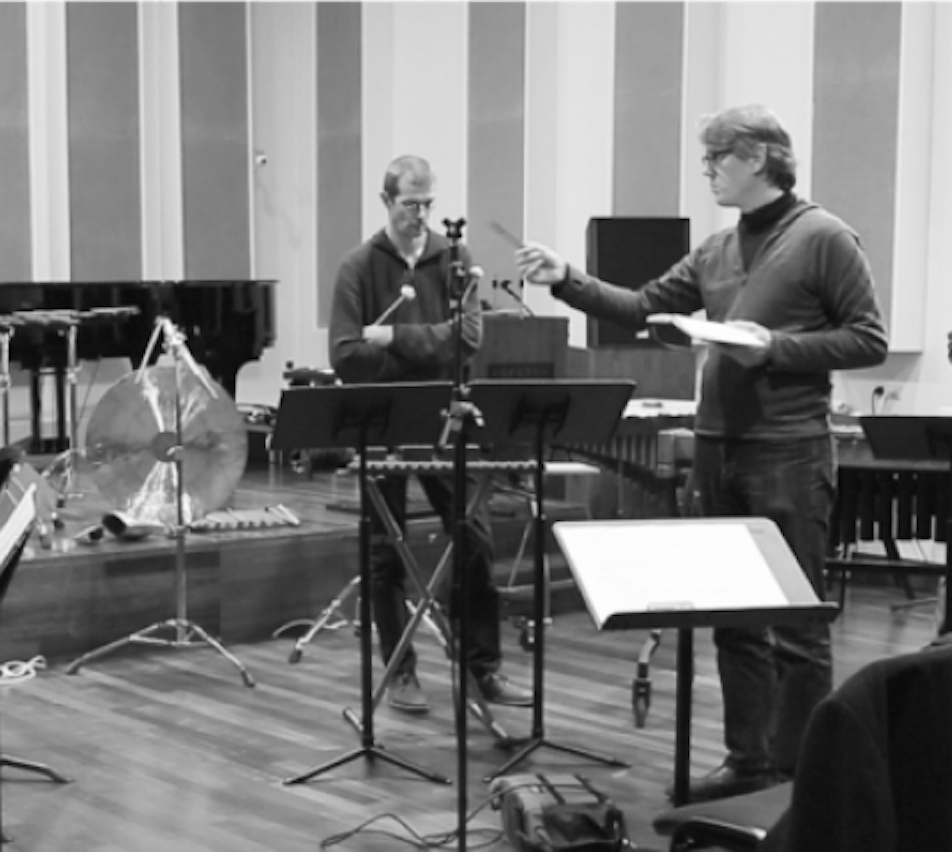The present examination of Paisiello’s pedagogical work is based primarily on two sources: the Regole, printed in 1782 in St. Petersburg, as well as the autograph manuscript, and forty-one newly discovered partimenti that have been preserved as two- and three-parts disposizioni, and are published here for the first time. The latter show the central role accorded partimenti in the teaching of counterpoint and composition. With this, the pedagogical and artistic aspects of partimenti are highlighted, aspects that hitherto have not yet been fully assessed. Simultaneously, the genre-specific context in which Paisiello’s partimenti are to be seen will be illuminated for the first time. The comparison with various compositions by Paisiello, as well as with works by his teacher Francesco Durante and other contemporaries, opens up new concepts for the performance of partimenti. At the same time, larger symphonic forms will also be consulted as models. It will be shown that the occupation with partimenti can make a substantial contribution to once again awakening to life the historical musical language and the art of variation and improvisation.
Practical occupation with partimenti supports the acquisition of the historical musical language and the models and schemes based on it, as well as the training of different skills: harmonic-contrapuntal thinking, variation, ornamentation, and improvisation. Moreover, partimenti represent an efficient and inspiring tool with which to become acquainted with a vibrant and imaginative performance practice of the often only incompletely notated music of the late eighteenth century.




